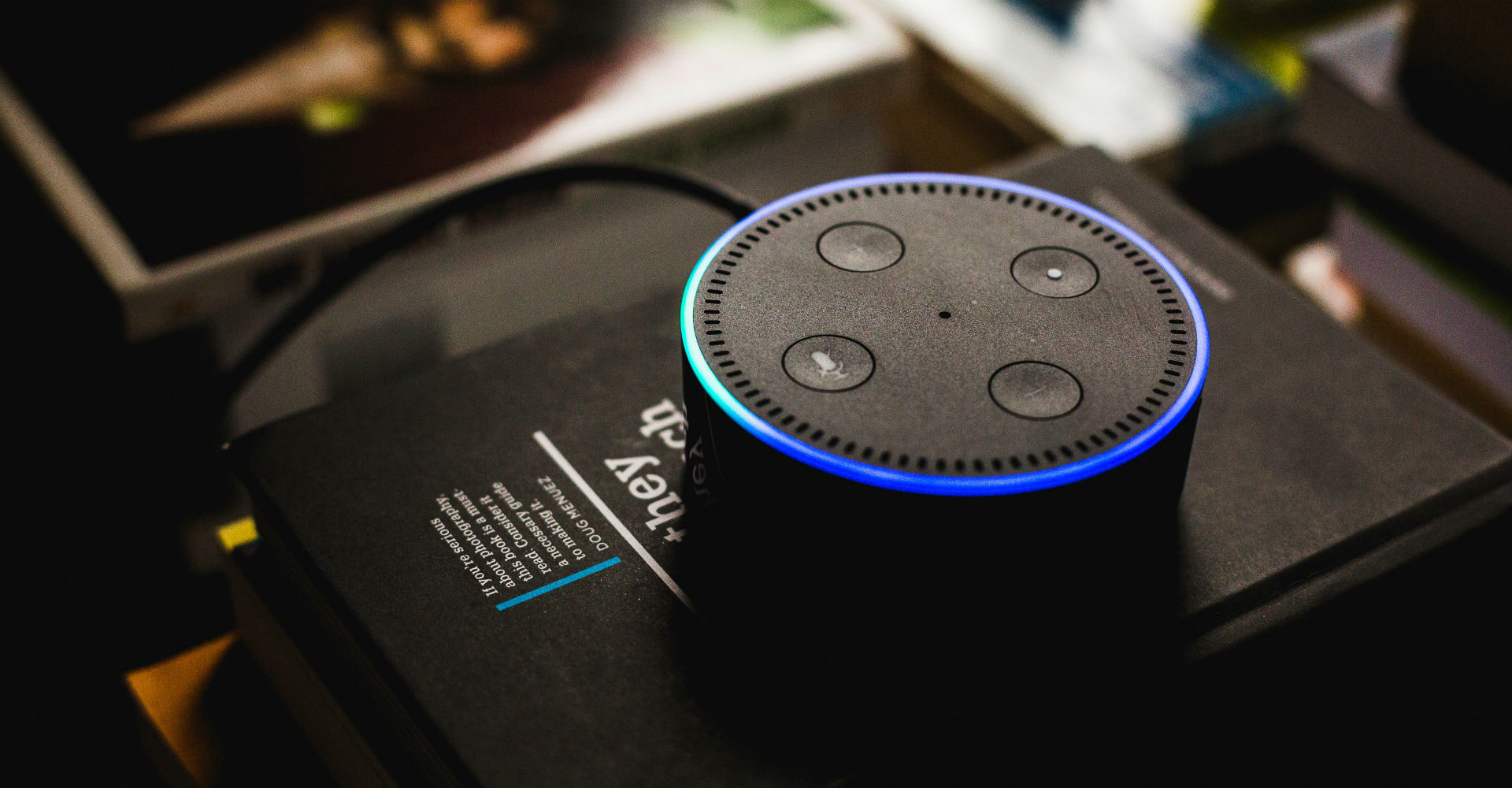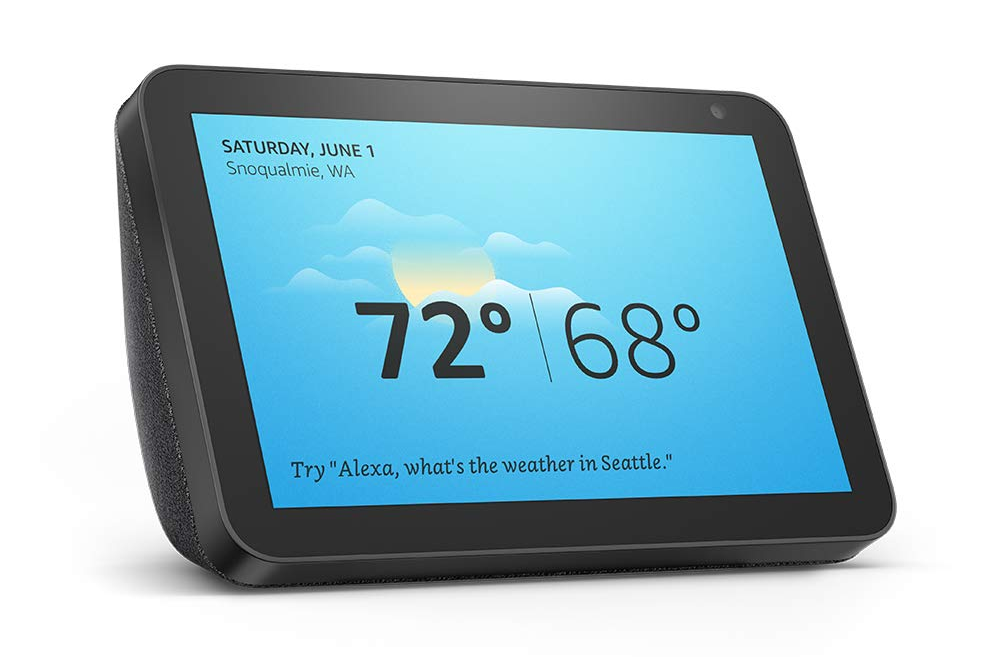Table of Content
- Google Nest Mini (2nd Generation)
- The growing crowd of smart speakers is ready for your command
- We tested the Amazon Echo and the Google Home to see which smart speaker is best, and it was extremely close
- Best Email Marketing Services
- Key features
- We tested the Amazon Echo Dot and Google Home Mini to see which one is the best small smart speaker
- A thoughtful assistant
- Google Home vs. Amazon Echo
As always, the best device for you largely depends on your needs, how you plan to use it and other factors like design or device compatibility. Additionally, if your Echo has a screen , you can even see thelyrics of songs you're listening to or watch TV on the screen itself. With a simple, "OK, Google" or "Hello Google," you can access a variety of tasks and services through commands to the Google Assistant . You can also connect your Google Home to your TV and other devices with Chromecast. Additionally, Google Home has a variety of other features including Night Mode as well as the ability to read auidobooks and more aloud. However, because the Google Home is powered by the same Google Assistant as on Android phones, the device is likely more ideal for Android users.

Smart speakers can read out the steps of a recipe, but smart displays keep the list front and center after they read it out. The Echo Show lets you multitask and watch videos or play music, then hop back to where you left off. The Home Hub and others with Google Assistant do that too, plus they keep the ingredient list on the side for your reference.
Google Nest Mini (2nd Generation)
You can control your devices with a touch and get a handy overview. Your significant other now doesn't need to remember what you set up and what you named each device, they can just check the smart display. They can both control most mainstream smart home devices, can both find information from the web, connect to music streaming services, and so on. The whole point of these devices is that you can interact with them with your voice – so it makes sense that the voice recognition will need to be pretty good. The majority of the time, they'll all pick up what you’re saying and understand what they need to do – provided you know how to interact with them. Both Alexa and Google Assistant use their respective screens to great effect in the kitchen.

So, while both devices offer relatively similar services, it is important to decide what is most important to you and what smart devices you already have. However, the Google smart speaker line includes other devices including the Google Home Mini, Google Home Max and Google Home Hub - which will set you back around $49, $399 and $149 respectively. Having said that, Alexa tends to be better when it comes to support for a wider range of devices, as well as better smart home integration. So if you have a lot of smart home devices already, Alexa might be your best bet.
The growing crowd of smart speakers is ready for your command
This post reminded me of the importance in recognizing the different types of developing hardware/software around us. Whether one product has more features or not it’s good to take into account the technology that will prioritize and benefit your life specifically. Cooks and frequent Google app users who want to access Google Assistant via a screen will love this display, which is well-integrated with Google Calendar and Photos.

If you rely on the big G to keep a calendar, give you traffic updates, look for recipes and help you with deep dives into topics, Home is going to be a welcome extension to your smart home toolkit. And if you have an extensive Play library or manage your photos on Google, a Home Hub can be a satisfyingly personal device. Forbes Finds covers products and experiences we think you’ll love. Featured products are independently selected and linked to for your convenience. If you buy something using a link on this page, Forbes may receive a small share of that sale.
We tested the Amazon Echo and the Google Home to see which smart speaker is best, and it was extremely close
You can ask Google just about anything and get a detailed answer that will most likely be exactly what you’re looking for. The Google Hub is especially great for this—displaying full text answers including step-by-step instructions and recipes. Frankly, there's very little difference between the two right now. They're both very capable smart assistants that respond to voice commands and work well with many smart home devices. Read our full head-to-head below to get a better idea of the specifics. Generally speaking, Google Assistant seems a little better at recognizing what you're looking for, even if you don't specifically say it.
And, Google Assistant has been programmed recently tobetter understanda chain of questions in a more conversational style – so if you ask something like, “Who wrote ‘The Great Gatsby? '” you could follow it up with a related question like, “What else did he write? ” and Google Assistant would be able to answer a string of questions. Google Home uses Google’s specially designed Google Assistant – which can help you put on your favorite song or turn your living room lights off. In addition, the Google Assistant is specifically programmed to understand variations on questions – meaning it is better at being able to interpret what you are asking even if you ask it in different ways .
Best Email Marketing Services
Denison also said the most people would be happy with the sound, however. The discontinued Google Home Max was easily the loudest first-party smart speaker out there, but it's no longer available. Now, the Echo Studio is by far the strongest in terms of sound quality, with powerful audio and the ability to fill a room with directional sound thanks to its angled drivers.
Those include the main ones — you’ll get smart lighting with Philips Hue and LIFX, Belkin’s WeMo range of switches and devices , August’s Smart Lock, extended smart home support through Samsung SmartThings, and so on. Pair it with the Domino’s Pizza app for the easiest delivery ever. Order my usual from Domino’s.” The voice assistant will then send your order to Domino’s for delivery. For example, if you have Philips Hue White A19 60-watt LED Smart Bulbs you can ask Alexa to turn them on or off.
But there are a few key differences that seem to sway some consumers to one side versus the other. “Hey …” is something you’ll hear often in houses everywhere. But no one is trying to get the attention of significant others, or misbehaving children, or even wandering pets. Most recently, Google released the Nest Hub Max, putting Google Assistant in a 10-inch smart display.

Both smart speakers provide answers to questions, control certain home devices, set alarms and timers, and more. Each device is genuinely an assistant in digital form, waiting for you to give voice commands. If you have more than one user account, the Nest Mini can even differentiate who is talking by the sound of their voice . But the Google portion of the Nest Mini isn’t quite as capable as we’d like.
There are no AI end of the world scenarios on the horizon just yet. All you have to do is educate yourself a little more on what can and cannot be done these devices and a little patience while the device "learns" your habits and your voice. However, the Google smart speaker line includes other devices including the Google Home Mini, Google Home Max and Google Home Hub – which will set you back around $49, $399 and $149 respectively. But as each platform comes into its own, it becomes more and more complicated to assess. When you factor in hardware, software, privacy and everything in between, which platform really is the best? It's time to take a deep dive -- and we'll start our comparison by looking at the entry-level smart speakers in each camp.










